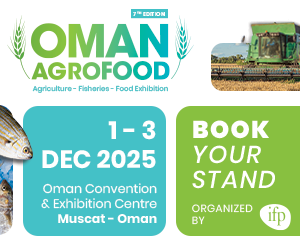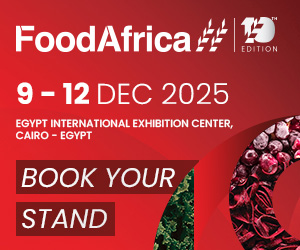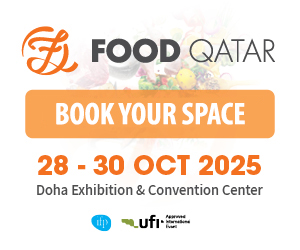Africa holds a remarkable 60% of the world’s uncultivated arable land. Agriculture contributes 35% of the continent’s GDP and remains the largest employer. Yet, despite this vast potential, Africa spends around USD 78 billion annually on food imports—draining precious foreign currency reserves. In countries like Zimbabwe, Guinea, and Sudan, these costs even surpass total foreign currency earnings.
So why does hunger persist? In 2020, over 20% of Africans experienced food insecurity—double the global average. Nearly 80% of Africa’s food supply still comes from smallholder farmers practicing subsistence agriculture. This gap between potential and performance calls for urgent action.
The UN’s 2030 Agenda and the African Union’s Agenda 2063 both stress the need for investments in rural infrastructure, sustainable agriculture, and the transformation of food systems. But vision must now translate into concrete national policies to unlock investment and reposition Africa as a net food exporter.
Urbanization and rising rural populations compound the urgency. Between 1990 and 2021, sub-Saharan Africa’s rural population grew from 375 million to 687 million, despite a drop in percentage terms from 72% to 58%. Feeding growing cities while empowering rural communities is a dual challenge—and opportunity.
According to the African Development Bank, Africa’s food and agriculture market is set to grow from USD 280 billion in 2023 to USD 1 trillion by 2030. To seize this opportunity, a multi-pronged strategy is needed:
Diversify beyond export crops like cotton and cocoa to staple foods for domestic markets
Invest in value-added processing to increase earnings and create jobs
Improve intra-African trade under the African Continental Free Trade Area (AfCFTA)
Streamline border logistics to cut post-harvest losses
Mobilize impact investors to support innovation and inclusive financing
Africa’s path to agricultural transformation is within reach. With coordinated policy shifts, investment, and regional integration, the continent can rise as a global food leader, securing both prosperity and food sovereignty.
Source: The Point (Gambia)



















































































